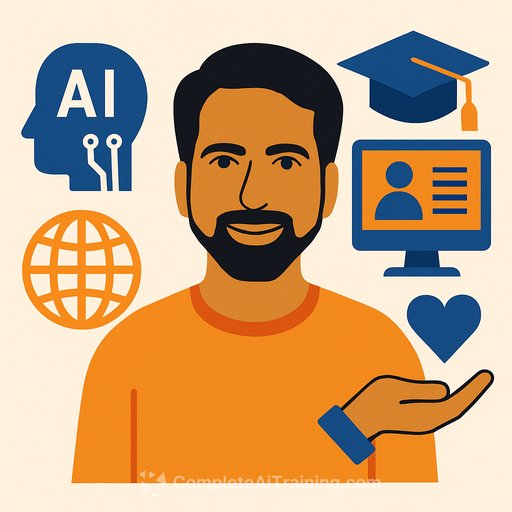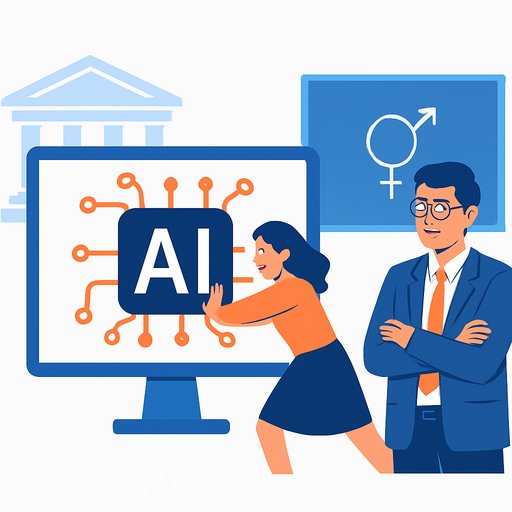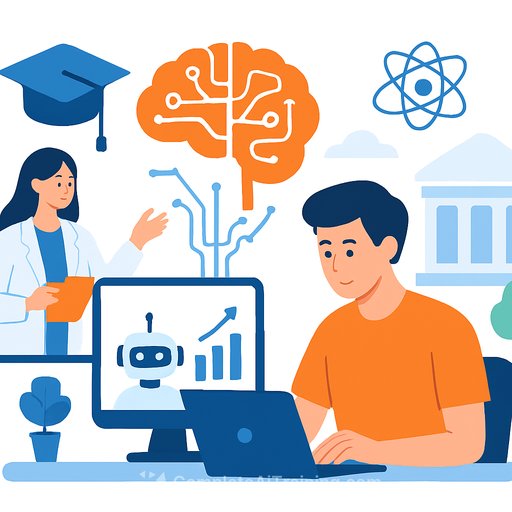Sal Khan on the Future of Education and AI
Sal Khan, founder and CEO of Khan Academy, shares his perspective on how artificial intelligence (AI) will shape education without destroying its core. With nearly two decades of experience in online education, Sal reflects on how Khan Academy has evolved and what lies ahead for learning platforms in the age of AI.
The Growth of Khan Academy
Khan Academy started with simple math videos made for Sal’s cousin back in 2006. Today, it’s a global educational nonprofit with over 180 million registered users spanning 50+ languages. While videos remain a core offering, the platform now focuses heavily on personalized learning through its software, enabling students to practice, receive feedback, and progress at their own pace.
Sal emphasizes the importance of partnerships with school districts, which have become crucial for reaching students in classroom settings. Research shows significant improvements in student outcomes when Khan Academy is integrated into formal education environments.
Shifting from Direct-to-Consumer to Schools
Initially, Khan Academy focused on direct user engagement, but scaling impact required collaboration with education systems. This shift involved addressing administrative needs like training, system integration, and accessibility standards.
Though working with school bureaucracies can be challenging, it’s necessary for systemic change. Sal notes that the organization has built a strong foundation over the past seven years, balancing technology development with educational partnerships.
Defining Khan Academy’s Identity
Khan Academy is not just a content provider or a tech company; Sal envisions it as a global learning institution with a mission similar to renowned universities—but scalable and accessible worldwide. The goal is to offer high-quality education that anyone can access for free or near-free.
With AI on the horizon, Khan Academy is preparing to leverage these technologies to enhance both in-school and out-of-school learning experiences. This includes developing systems that support credentialing and peer connections alongside software innovations.
Choosing the Nonprofit Path
Sal faced early decisions about whether Khan Academy should be a for-profit venture or a nonprofit. Despite venture capital offers, he chose the nonprofit route to maintain a mission-driven focus without the pressures of monetization.
This choice has allowed Khan Academy to attract talent motivated by impact rather than financial gain and to build trust with users worldwide. The organization benefits from philanthropic support, which has been key to sustaining and expanding its reach.
Staying Nimble as a Nonprofit
Contrary to stereotypes, Khan Academy operates with agility similar to for-profit companies. Sal highlights the importance of having a clear vision and leadership anchored in the organization's mission, which helps navigate challenges and pivot when necessary.
Having the founder’s name on the organization helps maintain focus and resolve disagreements, while a strong board composed of philanthropists and education experts provides guidance to ensure the platform serves students effectively.
The Role of AI in Education’s Future
As AI becomes more integral to learning, Sal remains optimistic. He believes AI tools can raise education quality by personalizing learning and supporting teachers rather than replacing them. The key is thoughtful integration that enhances mastery and accessibility.
For educators, understanding these changes is vital. AI-powered assistants can provide tailored practice, instant feedback, and new ways to engage students. This evolution calls for embracing technology as a complement to traditional teaching methods.
Those interested in exploring AI’s impact on education and tools to support learning can find relevant resources and courses at Complete AI Training.
Looking Forward
Sal Khan’s vision for Khan Academy and education at large centers on preserving the human element while integrating technology that amplifies learning. His nonprofit model demonstrates that mission-driven initiatives can scale sustainably and adapt to new challenges like AI.
For education professionals, this conversation underscores the importance of balancing innovation with equity, ensuring that technology serves as a bridge rather than a barrier to quality education.
Your membership also unlocks:






